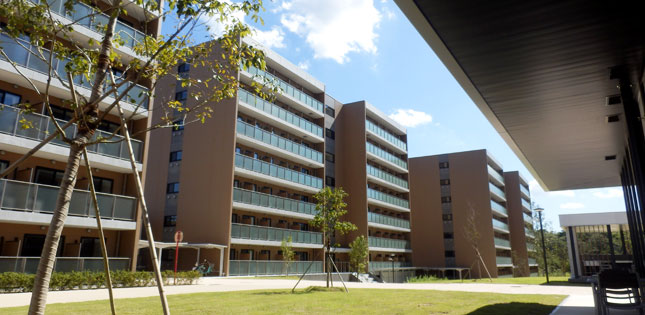Under bright autumn sunshine and grand fanfare, University House Aobayama - the largest student housing complex to be built in a Japanese national university - officially opened its doors on September 19, in time for the new semester.
Speaking at the opening ceremony, Tohoku University President Hideo Ohno described the event as "a milestone in the long-term development of Aobayama Campus," adding that "this new home for our students will not only bring different cultures together, but is conceptualized to be in harmony with the environment and part of Mori no Miyako, our City of Trees."
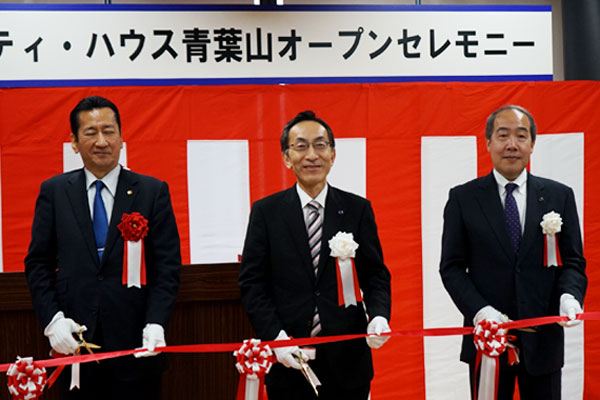
University House Aobayama is Tohoku University's 9th student dormitory and also its most ambitious and multicultural. Located at the new extension of Aobayama Campus, the new complex features 94 units of eight bedrooms each - enough for 752 students. There are also four rooms for residents with disabilities.
Most units will have a mix of Japanese and international students, creating an environment of mutual support and learning.
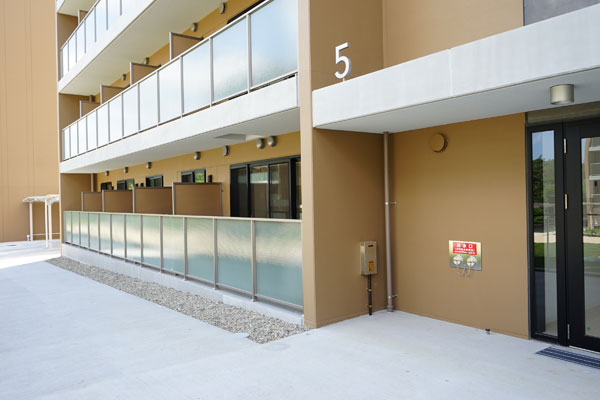
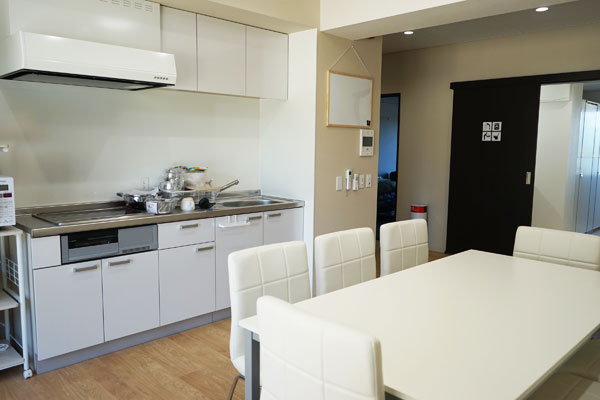
"The hope is that residents of UH will enjoy student life, benefit from the international environment and develop the kind of broad, outward-looking mindset that will prepare them to be global leaders," said Yasunori Kumakura of the Student Services Division's Life Support Section, who has been overseeing the building project.
The eight students in each unit will share a living room, kitchen and bathrooms. And the units will come equipped with basic furniture and white appliances, including an air conditioner, refrigerator, microwave, television and rice cooker.
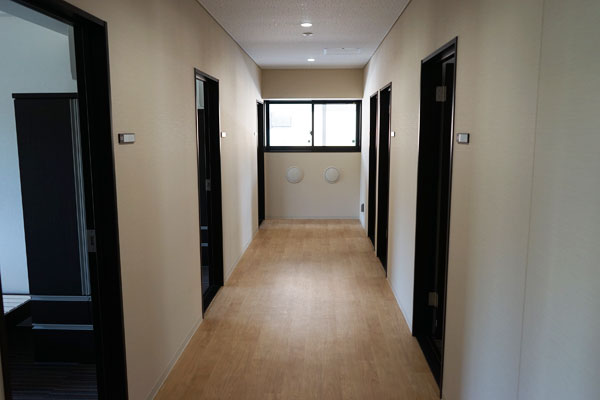
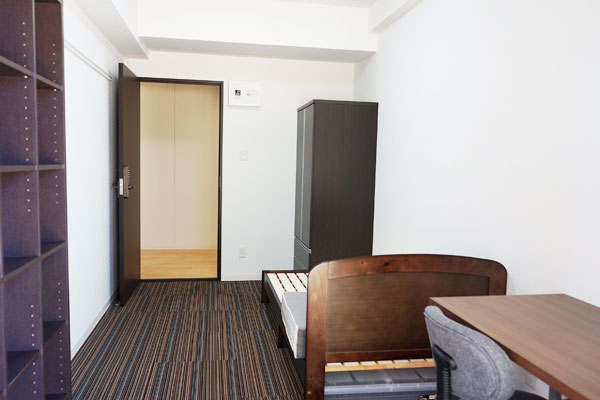
For safety, units for women are located on the upper floors and a security ID card is required to enter the buildings. Bedroom doors are also password locked. There will be 24-hour student support year round, including security, cleaning, repairs and emergency response services.
On a more grassroots level, a team of 28 student advisors, composed of senior students, will be tasked with creating a sense of community in the complex through social events and activities.
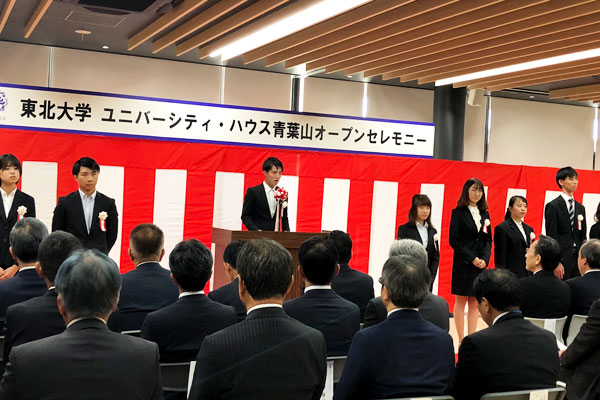
"My role as a student advisor is to help students who are new here make friends and communicate with other residents, as well as to make sure that everyone understands the rules of community living, like not washing clothes too late at night because the machine is noisy," said Nina Watanabe, a 2nd year agriculture student.
With UH Aobayama's goal of integrating more foreign students in with local Japanese students, the advisors are also prepared to help moderate misunderstandings that might occur.
"For example, students from other countries might cook with seasoning that have a strong smell, or cook in ways that are different from what most Japanese students are used to," said Watanabe. "As student advisors we can help everyone be more culturally sensitive and aware of what each other is feeling."
Wang Yiting, who is from China, became a student advisor because she remembers what it was like being a new foreign student trying to fit in. "When I first came to Tohoku University, my Japanese was not very good so I often found it hard to express myself or my ideas. We all also have different lifestyles that we have to adjust to when we live together. So I hope I can help students who might face the same problems."
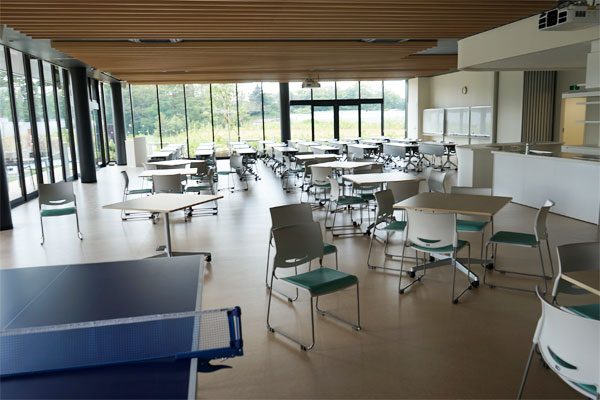
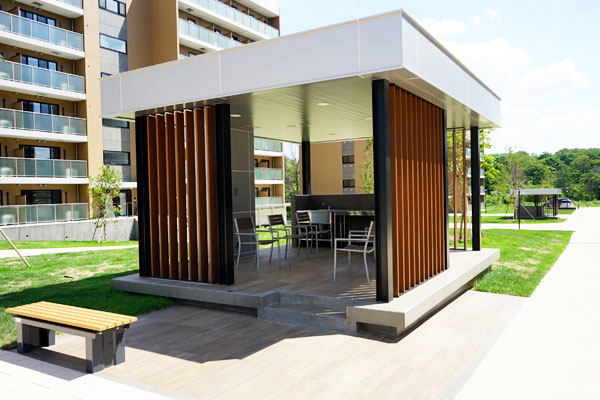
To further facilitate community bonding and cross-cultural interaction, there are outdoor BBQ pits, a multipurpose room, lounge and study area, with vending machines and even a small convenience store.
"The most important benefit for any student, I believe, is the opportunity to encounter cultural differences, recognize the divergence and to try to reconcile them," said Masahiro Yamaguchi, vice president of education reform and global engagement. "I hope the cultural and intellectual exchanges that we encourage here will spread to the classrooms and labs, and ultimately have a positive impact on the campus culture throughout the university."
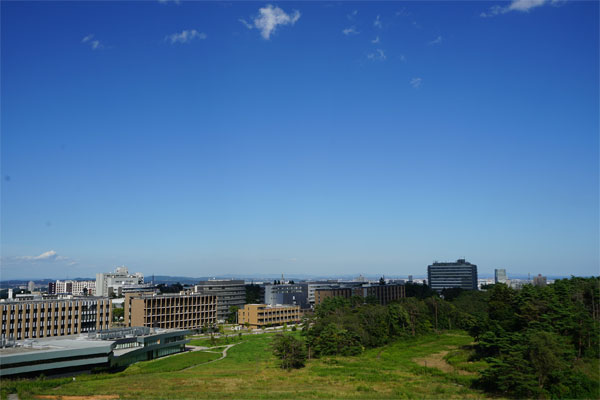
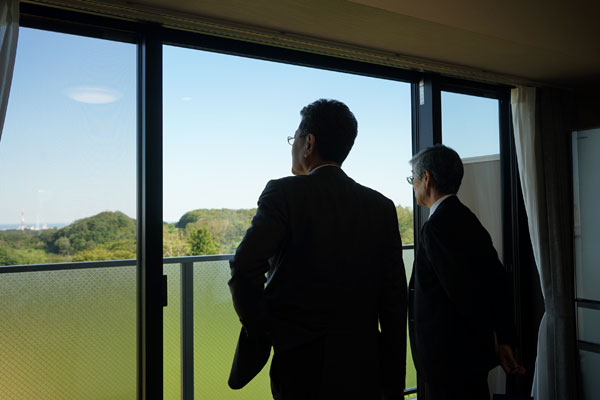
Contact:
Life Support SectionTohoku University Education and Student Support Department
Email: sta-ryo
 grp.tohoku.ac.jp
grp.tohoku.ac.jp

